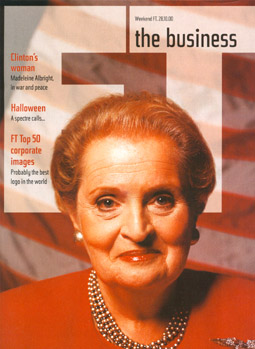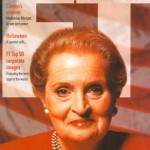Clinton: U.S. should be ‘chairman of the Board of the World’
Secretary of State Hillary Clinton says the United States has “to be in effect the chairman of the board of the world,” because true security and prosperity at home can only be achieved if the entire world is as stable and economically viable as possible.
In my new book “America’s Other Army: The U.S. Foreign Service and 21st Century Diplomacy,” Clinton says that “more peaceful, prosperous and democratic countries are not only good for the people living in them, but also good for the United States and our global goals.”





